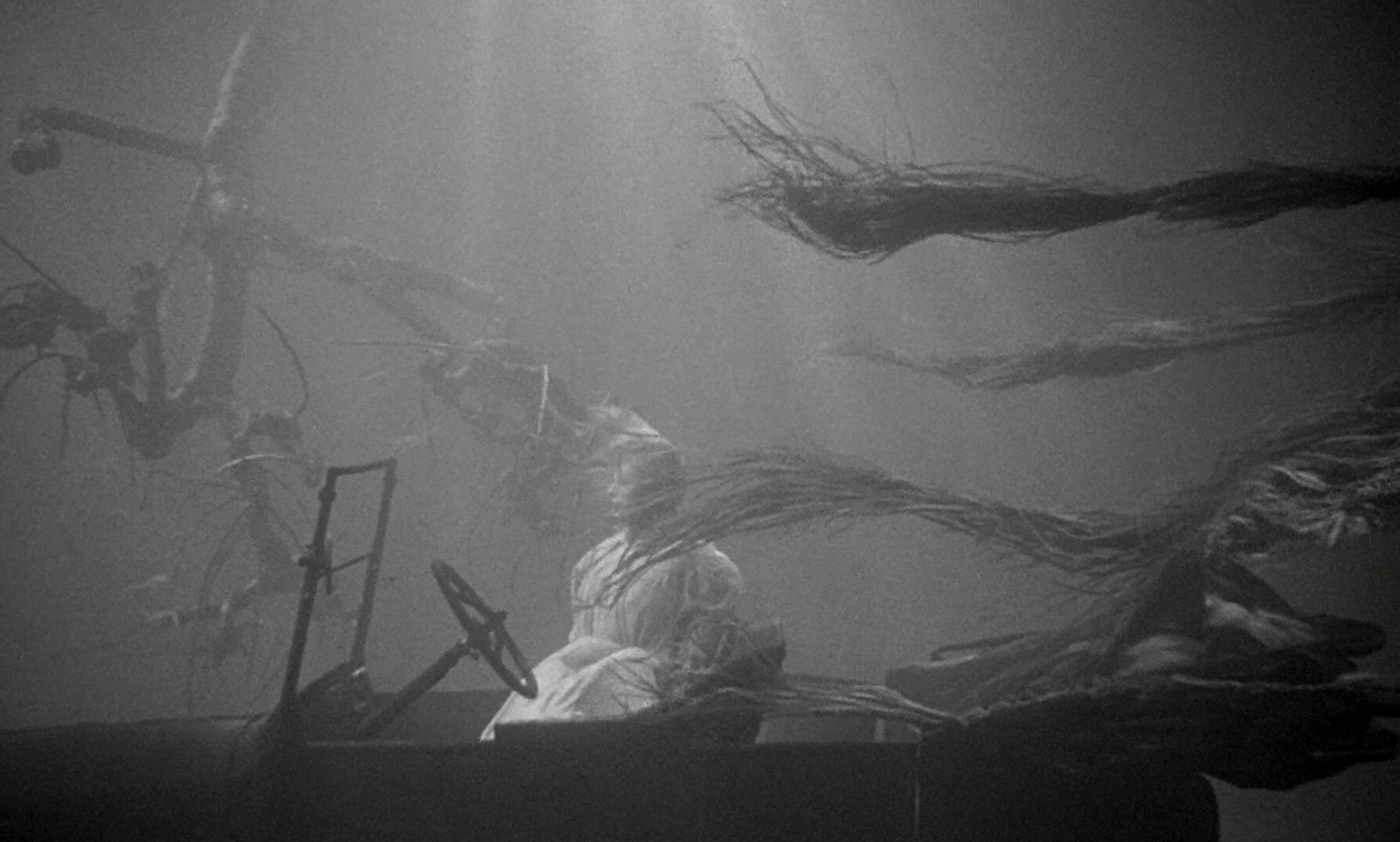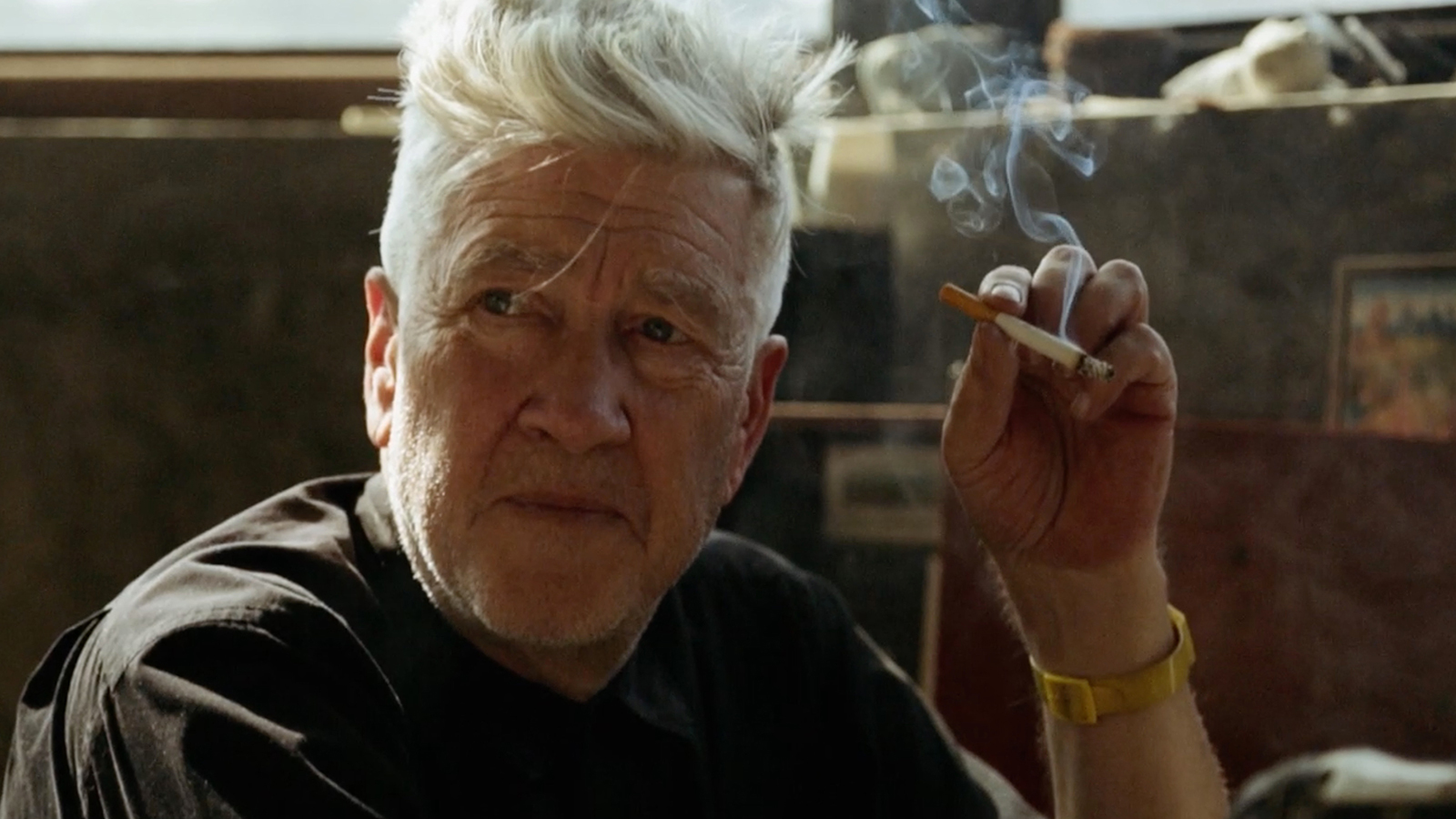Emory Cinematheque
Emory Cinematheque, presented by the Department of Film and Media in the Emory College of Arts and Sciences, is a longstanding series of free, public film screenings that invites students, faculty, and community members to experience a thoughtfully curated selection of films. Each installment of the series explores a distinct theme—ranging from global perspectives on filmmaking to curated programs centered on genres, historical moments, and influential directors—reflecting the department’s commitment to showcasing cinema as both an artistic and cultural force.
More than a viewing series, the Cinematheque serves as a vibrant hub for film appreciation and discourse within the Emory community. Faculty members introduce the films, offering context drawn from their research and teaching, while audiences gather to discover works they might not encounter on their own. Its programming continues to cultivate a shared appreciation for film history, storytelling, and the evolving possibilities of the cinematic medium.
Spring 2026

Matthew H. Bernstein's Farewell Favorites
Presenting “Matthew H. Bernstein: Farewell Favorites” on the occasion of Bernstein’s 2026 retirement from Emory after 37 years.
Fall 2025

1975: A Year in Cinema
1975 was a monumental year for filmmaking beyond Hollywood, as documentary, independent, and emerging national cinemas reckoned with a time of cultural and geopolitical upheaval.
Spring 2025

Film on Film
Presenting “Film on Film, an international selection of movies about what it means to make, view, and live with moving images.
Fall 2024

Southern Gothic
Presenting “Southern Gothic,” curated by Assistant Professor in Theater Studies, Lydia Fort.
Fall 2023

The Cinematic Worlds of David Lynch
One of the most significant, eccentric, challenging, debated, and multifaceted American filmmakers still working today, Lynch has long operated on the fringes of Hollywood and his directorial career has been marked by several highs and lows.